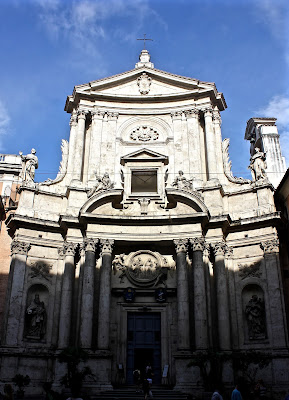Gunpowder Treason
Today, we remember the Gunpowder Treason of 1605, on this occasion we mark the terrible attempt to assassinate King James I by a group of English Roman Catholics led by Robert Catesby who sought to restore the popish monarchy in England.
The plan was that of blowing up the House of Lords at Westminster during the State Opening of Parliament on 5 November 1605, therefore committing regicide against James I while murdering his closest family members, high ranking clergy from the Church of England, and many loyalist members of the House of Lords. This was meant to be a prelude to a popular revolt in the Midlands against the King’s, in which his 9 year-old- daughter, Elizabeth, would have been installed as the popish head of state.
Catesby’s fellow contributors were John and Cristopher Wright, Robert and Thomas Wintour, Thomas Percy, Guy Fawkes, Robert Keyes, Thomas Bates, John Grant, Ambrose Rookwood, Sir Everard Digby, and Francis Tresham. Fawkes, who had a long military experience fighting in the Spanish Netherlands against the Dutch, was given charge of the explosives. They swore an oath of secrecy on a prayer book. Pope Clemens VIII was aware of the plot and had voiced disagreement, fearing for the safety of those remaining English Roman Catholics. Support for such an act of treason against the King was not supported by Rome.
The plot was revealed to the authorities in an anonymous letter sent to William Parker, 4th Baron Monteagle, on 26 October 1605. During a search in the House of Lords in the evening on 4 November 1605, Fawkes was discovered guarding 36 barrels of gunpowder, in the filthy basement of the former royal palace of Westminster, a space which took quite a bit of planning to secure; that is also where he was arrested. Most of the other conspirators fled from London as they learnt of the discovery, where they formed a small resistance at Holbeche House. Their trial took place on 27 January 1606, eight of the survivors, including Guy Fawkes, were convicted and sentenced to be hanged, drawn, and quartered.
Details of the assassination attempt were known by the principal Jesuit of England, Father Henry Garnet, who was later sentenced to death. Despite anti-popish legislation at the time, many important and loyal Roman Catholics retained high office during the reign of James I.
The thwarting of the Gunpowder Treason was commemorated for many years with special services from the Book of Common Prayer itself, and public events since then, eventually evolving into the contemporary Bonfire Night of today - Gunpowder celebrations were at their peak in the 18th century, especially in the American colonies, where “Pope Night” became a very popular feast day. Today, London’s oldest church, Saint Bartholomew the Great, still holds a service of Mattins which follows the Book of Common Prayer’s liturgy for this special occasion. A famous nursery rhyme recalls today’s events: Remember, remember, the fifth of November, gunpowder treason and plot; for I see no reason, why gunpowder treason, should ever be forgot!
A collect for Gunpowder Treason from the Book of Common Prayer
ALMIGHTY God, who haſt in all ages shewed thy power and mercy in the miraculous and gracious deliverance of thy Church, and in the protection of righteous and religious Kings and ſtates, professing thy holy and eternal truth, from the wicked conspiracies, and malicious practices of all the enemies thereof; We yield thee our unfeigned thanks and praise for the wonderful and mighty deliverance of our gracious Sovereign King James the Firſt, the Queen, the Prince, and all the Royal Branches, with the Nobility, Clergy and Commons of England, then assembled in Parliament, by Popish treachery appointed as sheep to the slaughter, in a moſt barbarous and savage manner, beyond the examples of former ages. From this unnatural Conspiracy, not our merit, but thy mercy; not our foresight, but thy providence delivered us: And therefore not unto us, O Lord, not unto us, but unto they Name be ascribed all honour and glory, in all Churches of the Saints, from generation to generation, through Jesus Chriſt our Lord. Amen.






